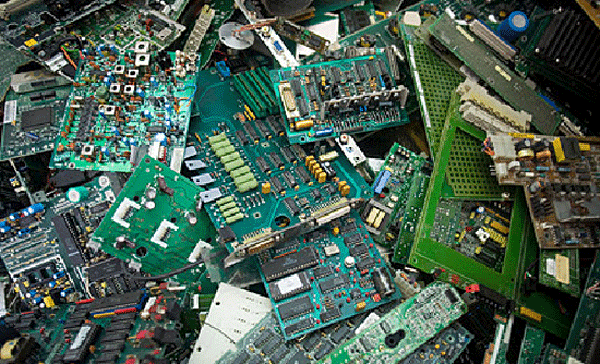According to a study conducted by Environmental Management and Policy Research Institute, only about 10 percent of e-waste recycling capacity of 37,000 ton is utilized in Bangalore, the IT hub of India.
As reported by The Economic Times, Bangalore is one of the largest generators of electronic waste in the country, after Mumbai and Delhi.
However, the city’s recycling capacity is not being fully utilized in a proper manner, making majority of e-waste to end up in unauthorized collecting hands as revealed by the study.
A general trend seen in these cities is that many bulk consumers prefer to resell old electronic and electrical equipment in formal markets than to make the effort to dispose these off at the authorized recycling firms.
Under the `E-waste Management and Handling Rule’ of 2011, consumers of electronic and electrical equipment have to dispose the e-waste they generate to authorized collection centers, and maintain records of the e-waste they produce for scrutiny by the state pollution control boards.
The responsibility is on the generators of the e waste to collect and transport the expired equipment to authorized recycling centers.
In addition, the old e-wastes should be processed at these centers to scientifically extract metals such as gold, silver, copper and more.
However, the unauthorized recyclers do not follow any such scientific process and they resell and burn the residue after extracting metals.
Even now, instead of investing more on waste management, many consumers take the help of recyclers organize collections.
There should be a mandatory rule for recycling segment, specifying the number of collection centers for each state. The present law prevailing in India doesn’t specify how government bodies should monitor e-waste disposal.
On the other hand, the National Referral Center for Lead Projects has found out that, in about one-third of the city’s children, the presence of lead in blood has increased to about 10 micrograms per 100 ml in the past 16 years, above the permissible 5 mg as per WHO standards.
Sabeena Wahid
editor@greentechlead.com

